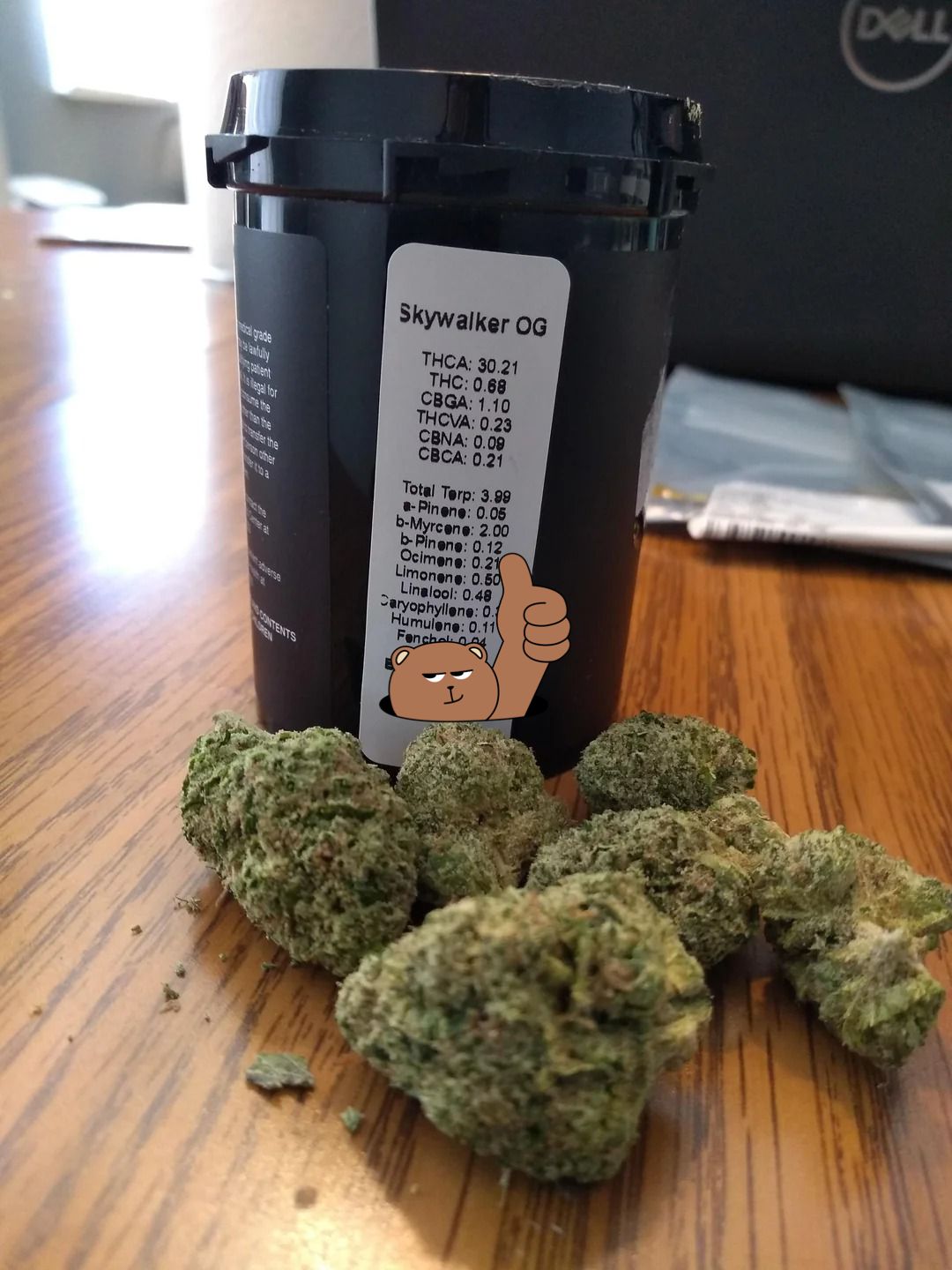Weed in Biała Podlaska: The Cannabis Conversation in a Small Polish City

Biała Podlaska, a city in eastern Poland near the border with Belarus, is known for its rich agricultural landscape, historical charm, and quiet atmosphere. While it may not be as bustling or cosmopolitan as larger Polish cities like Warsaw or Kraków, Biała Podlaska has seen subtle shifts in how residents engage with emerging trends, including the topic of cannabis on weed in Biała Podlaska.
Cannabis use and its legal status in Poland, including in cities like Biała Podlaska, have been subjects of growing conversation, particularly as attitudes toward cannabis, especially for medicinal use, have evolved in recent years. Though cannabis is still largely illegal for recreational purposes in Poland, there are noteworthy developments and attitudes surrounding its medicinal use, as well as the increasing popularity of CBD products on weed in Biała Podlaska.
The Legal Status of Cannabis in Biała Podlaska
In Poland, cannabis remains illegal for recreational use, and Biała Podlaska adheres to the same laws. Possessing cannabis for recreational purposes is prohibited, with penalties ranging from fines to imprisonment depending on the quantity and intent..
The medicinal use of cannabis, however, has a different legal standing. In 2017, Poland took a significant step by legalizing cannabis for medical purposes.
For residents of Biała Podlaska with qualifying health conditions, access to medical cannabis is now possible. . In many cases, individuals may need to travel to larger cities to obtain prescriptions or products.
The Rise of CBD Products in Biała Podlaska
In recent years, a noticeable shift has occurred with the rising popularity of CBD (cannabidiol) products.
The availability of CBD products has helped shift public perceptions about cannabis in Biała Podlaska.
Changing Attitudes Toward Cannabis
Biała Podlaska, like many smaller cities in Poland, has traditionally held conservative views toward cannabis. The stigma surrounding cannabis, especially recreational use, remains strong in many parts of the country.
The increased acceptance of CBD, in particular, has opened the door for broader conversations about cannabis.
For now, Biała Podlaska remains a city where cannabis use, particularly for recreational purposes, is not widely accepted.
Looking Toward the Future
As the conversation around cannabis continues to grow in Poland, it is likely that Biała Podlaska will see gradual shifts in public attitudes. While the legal framework around recreational cannabis use is unlikely to change in the short term, the growing acceptance of medical cannabis and CBD products may create an environment where more people feel comfortable discussing cannabis as a legitimate health option.
Ultimately, the future of cannabis in Biała Podlaska will depend on both legal reforms and the evolution of public attitudes.

Skywalker product exceeded my expectations in both potency and purity, I really appreciated the discretion and professionalism in the delivery process , you can reach to him on Telegram t.me/skywalkerOG_1 and also there email realskywalkerog1@gmail.com
“Man, that skywalker OG you gave me last night was fire. Smoothest smoke I’ve had in months.”

“Glad you liked it, brother. Always top shelf for you.”
“Always, homie. I hook up my regulars.”
“That’s the Skywalker effect, my guy.”
Glad it hit the spot. That strain’s a beast.
“Respect, man. I keep it real.”
Great service, easy to work with and I’m very satisfied. I’m so happy I found skywalker here. He is super responsive, on time and the quality of weed he sells are serious on point and top notch.